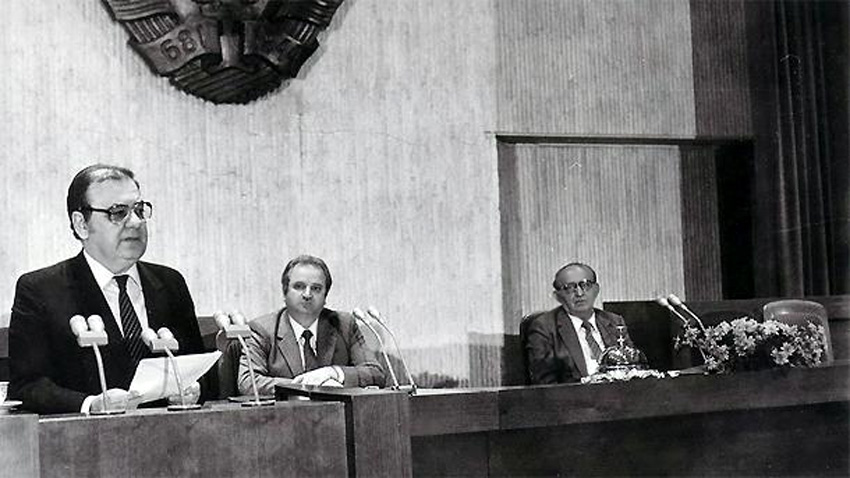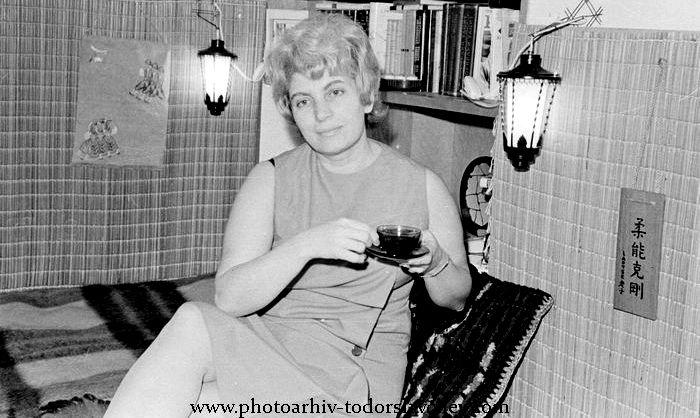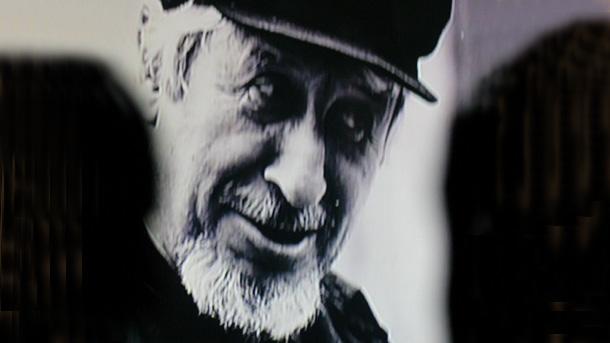10 November 1989 began just like any ordinary day, as far as the average Bulgarians were concerned. However, the date got a really different meaning, when at 6:00 pm the BNR was used for the expressing of gratitude to Todor Zhivkov. The announcement further said that Petar Mladenov would take over the position of Secretary General of the Bulgarian Communist Party’s Central Committee.

“Comrades, I do thank you for the really high level of trust that I was voted to by you with my election as secretary general of our party’s Central Committee. I am aware of the seriousness and size of my duties and responsibilities from now on and I would like to assure you that I shall spare no efforts to justify this trust. Please, allow me, as a person and on behalf of the Central Committee to express our gratitude to comrade Todor Zhivkov for his long years of devoted service to the deed of the party and the revolution. His achievements during the years of resistance and the anti-fascist fight are well-known. After the victory and in the course of more than three decades he was the first person in the party and its leader, who developed large-scale activities for the implementation of the socialist changes within this country. Due to all this we do thank comrade Zhivkov, sending him to his well-deserved retirement and wishing him many more years of good health, cheerfulness and artistic activities.”
No matter that the event was a plenum of the Communist party’s Central Committee, all intelligent people in Bulgaria realized that something completely new and different had been kicking off. Despite the information curtain most of them had already learnt that on the previous day – November 9, unofficial spokesperson of the German Democratic Republic Günter Schabowski announced the news on changes which eased any citizen of East Germany in the receiving of a passport for his or her way out of the GDR. Practically that was the moment when the Berlin Wall collapsed.
After the start of the Perestroika and the refusal of Mikhail Gorbachev to support the economies of the Council for Mutual Economic Assistance – Comecon, Todor Zhivkov himself had repeated several times that the current system had failed to respond to the need for a change within the society back then – “we deal with a rudimental society”; “socialism is a dwarf“…
The fall of the socialist system was now a fact and the process was speeding up with unpredictable pace. In October East Germans occupied the embassies of the Federal Republic of Germany in Hungary, the Czech Republic and Poland with the demand to be received in West Germany, while Austria opened its border. On 18 October 1989 in Berlin, at a plenum of the German Socialist Unity Party, its General Secretary Erich Honecker resigned.
According to Gorbachev it all should have happened much earlier. Following his orders, then-ambassador to Bulgaria of the Soviet Union Viktor Sharapov demanded a meeting with Todor Zhivkov. The latter was puzzled and said he had thought for retirement for a long time. Some 10 days later Sharapov insisted on another meeting, where he announced: “The Soviet leadership shows great understanding towards your decision to resign and I have been authorized to tell you that your decision is a wise one.” The decision was no longer up to Zhivkov, it had been taken in the Kremlin.
The still fragmented opposition organized its initial major rally on 18 November 1989, having learnt about the resignation. Emblematic figures took part in it, later on becoming the establishers of the Union of Democratic Forces – Zhelyu Zhelev, Petar Beron, Blaga Dimitrova etc. The Golden Archive of the BNR has preserved a recording from the meeting. We will listen to a speech of poetess Blaga Dimitrova (who later became vice-president):
 “Brothers and sisters, happy new Bulgarian Easter! Three decades of this country’s life passed in the serfdom of the Pravetz feudalism. Bulgaria was once known across the globe as the land of roses, while the monopoly of autocracy turned it into the land of sclerosis. What did those privileged feudatories turn our life into? It is all grey boredom, unhappy labor, silence, fear and apathy. The loser takes the position of the skilled one, the mean good-for-nothing chases the honest person till the latter is lost, the fool organizes those like him, in order to suffocate the voice of common sense and talent. No one, but few take the right positions…”
“Brothers and sisters, happy new Bulgarian Easter! Three decades of this country’s life passed in the serfdom of the Pravetz feudalism. Bulgaria was once known across the globe as the land of roses, while the monopoly of autocracy turned it into the land of sclerosis. What did those privileged feudatories turn our life into? It is all grey boredom, unhappy labor, silence, fear and apathy. The loser takes the position of the skilled one, the mean good-for-nothing chases the honest person till the latter is lost, the fool organizes those like him, in order to suffocate the voice of common sense and talent. No one, but few take the right positions…”
 Satiric writer Radoy Ralin was also among the participants:
Satiric writer Radoy Ralin was also among the participants:
“My compatriots in pain, the three generations lost – we have all been smashed by the regime of plutocracy. I see a slogan, reading Death to the Red Bourgeoisie. It wasn’t red bourgeoisie, since bourgeoisie had become a class with hard work and production and it didn’t make money out of authority, but the authority made money from the taxes it collected from the outside. The red plutocracy was the power of those, who had become rich via authority. That minority of parasites wanted to govern us for good and brought the person down to an animal. You all know that, so may November 10 be the second liberation of Bulgaria, but may it not remain only a romantic attempt, a heroic try.”
Over 150,000 people who wanted legislative changes and the removal of Article 1 of the Constitution, determining the absolute power of the Communist party, took part in the meeting. That could have happened on 14 December 1989, but the communist party didn’t do it, using the lack of enough time and preparation as an excuse. On 15 January 1990 Article 1 was suspended and the initial economic reforms were started. Still, 10 November 1989 has always been considered to be the beginning of this country’s transition to democracy and free market economy.
English version: Zhivko Stanchev
On 25 January, 1935, Tsar Boris III signed the decree by force of which the Bulgarian National Radio was created. The man appointed head of broadcasting and first director of Radio Sofia, as it was then called, was Panayot Todorov..
“I am not at all fond of the word “legend”, I am a down-to-earth person and an artist. But if I would have to say something about it, it would be “I was recognized as the best basso cantabile in the world.” These words are from one..
2013 went down in the most modern history of Bulgaria as the year of protest. It was the protests that brought down the first GERB cabinet of PM Boyko Borissov, while the term of office of the bipartisan Bulgarian Socialist Party-Movement..

+359 2 9336 661
